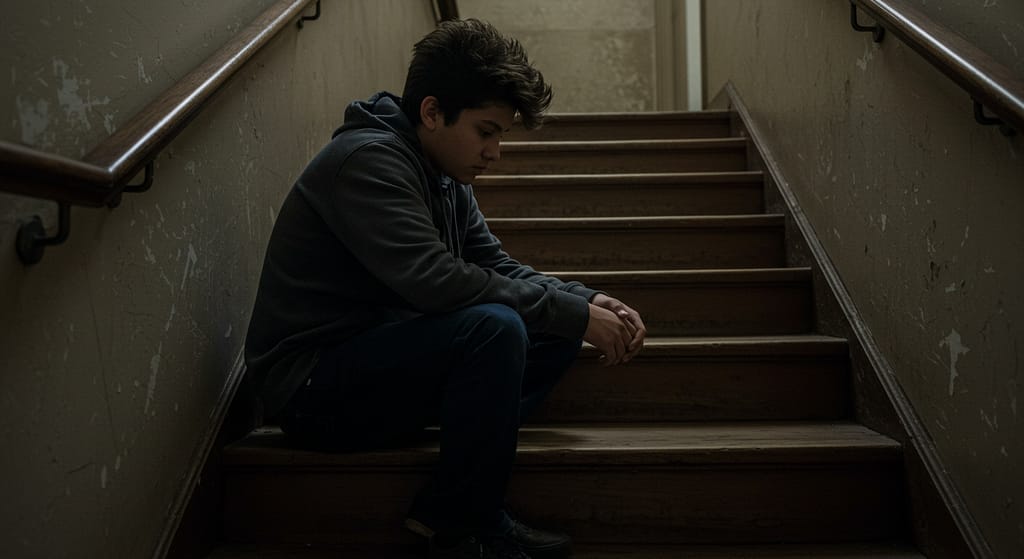Don’t Be Alarmed!
Emotional changes in your adolescent son may come as a shock. One minute he’s your sweet boy—next, he’s distant, irritable, or moody. It may feel like he’s becoming a completely different person. What’s going on? These emotional shifts are normal parts of adolescence. Hormones, identity formation, and social pressure collide during puberty, and it’s important for parents to understand how to respond with empathy and guidance.

Angry All the Time
A major concern for many parents is their son’s increasing anger. Suddenly, he’s quick to snap or lash out, and it feels like you’re walking on eggshells. One explanation is the power struggle: as boys desire more freedom, they resent authority even if it’s coming from loving parents. Couple this with hormones and the stress of becoming more aware of life’s unfairness, and you get emotional volatility.

Moodiness
Hormonal surges can cause quick mood swings—from excitement and confidence to despair and silence. Teen boys might show signs of joy one moment and drop into frustration or sadness the next. This is a natural part of brain and emotional development. Sadly, parents and siblings often bear the brunt of their mood swings, especially since home is where teens feel safest to unravel.

Isolation
At one point, your son might crave connection with friends. At another, he may withdraw completely. While a desire for solitude is typical, prolonged isolation could signal something deeper—like depression or anxiety. If your teen begins avoiding social situations or locks himself away often, don’t panic—but do check in gently and consistently.

Aggression
Some adolescent boys experience a spike in aggression during puberty. This isn’t always negative—when understood and redirected, it can be a tool for building strength, assertiveness, and leadership. Physical outlets like sports, martial arts, or gym sessions can transform this energy into self-discipline and emotional release.

Final Thoughts: Support Makes the Difference
Emotional ups and downs are part of growing into adulthood. Your son isn’t broken—he’s transforming. What he needs most is guidance, boundaries, patience, and love. Talk less, listen more. Don’t try to fix everything. Help him channel what he feels into something productive. With your steady support, he’ll emerge stronger, more mature, and emotionally balanced.


